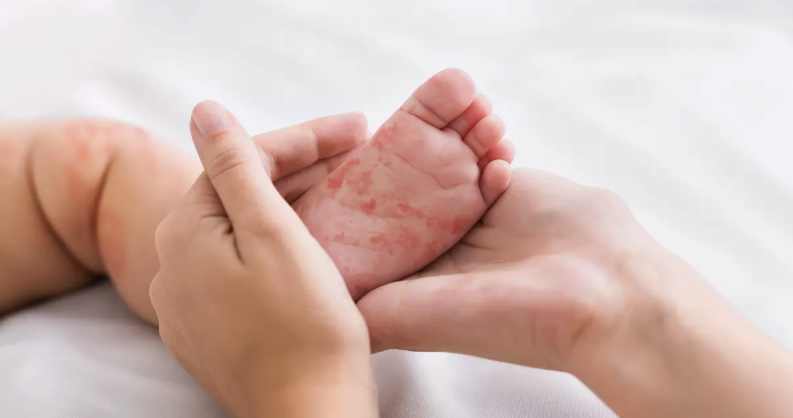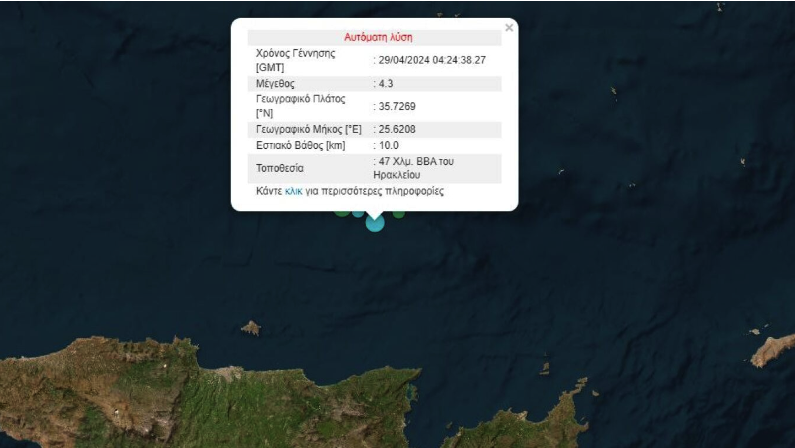The European Centre for Disease Control and Prevention (ECDC) is sounding the alarm about measles, which has returned to Europe with a vengeance.
In a report today, it points out that measles cases are expected to continue to increase in the European Union/European Economic Area (EU/EEA) countries due to suboptimal vaccination coverage, a greater likelihood of introduction from high traffic areas and the fact that the coming months represent the seasonal peak of the virus.
ECDC data show that in January and early February 2024, the number of EU/EEA countries reporting measles cases increased. In fact, at least seven deaths have been reported from two countries.
“No one should die of measles. The increase in measles cases, a highly contagious but vaccine-preventable disease, is a stark reminder that all Member States should maximise their efforts to achieve and maintain high vaccination coverage for all vaccine-preventable diseases.
Vaccines are a safe and effective way to reduce the health burden of infectious diseases and prevent unnecessary loss of life,” said ECDC Director Andrea Amon.
According to the ECDC, measles poses a threat to people of all age groups, which highlights the importance of maintaining high vaccination coverage across the population.
The greatest potential impact of measles, due to the high morbidity following infection, is on infants who are too young to be vaccinated.
Alexei Navalny died in a Russian prison
Unvaccinated children under five years of age are also at increased risk, as measles can have several complications in this age group.
In addition, other groups, such as immunocompromised people, are at risk of severe effects from measles.
95% or more vaccination coverage is needed
Measles spreads very easily, so high vaccination coverage of 95% or more of the population with two doses of the vaccine is essential to stop transmission in a country or community.





































